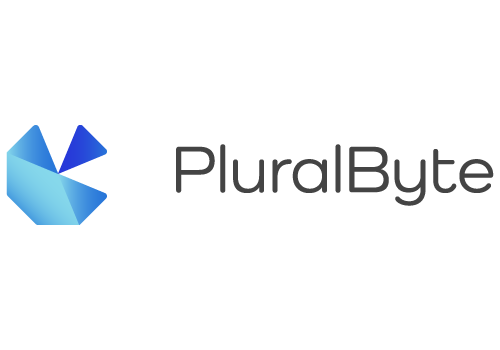Hybrid cloud refers to the integration of on-premises infrastructure with public and/or private cloud services. It allows businesses to leverage the scalability, flexibility, and cost-effectiveness of the cloud while retaining control over sensitive data and mission-critical applications. By creating a unified environment, organizations can seamlessly migrate workloads, balance resource utilization, and maximize efficiency.
Benefits of Hybrid Cloud
Hybrid cloud refers to the integration of on-premises infrastructure with public and/or private cloud services. It allows businesses to leverage the scalability, flexibility, and cost-effectiveness of the cloud while retaining control over sensitive data and mission-critical applications. By creating a unified environment, organizations can seamlessly migrate workloads, balance resource utilization, and maximize efficiency.
Hybrid cloud presents a powerful solution for organizations seeking to optimize their IT infrastructure by combining the benefits of on-premises and cloud environments.
To this end, its main inspiration is the existing conventions for marking up plain text in email, though it also draws from earlier markup languages, notably setext, Textile, and reStructuredText.


